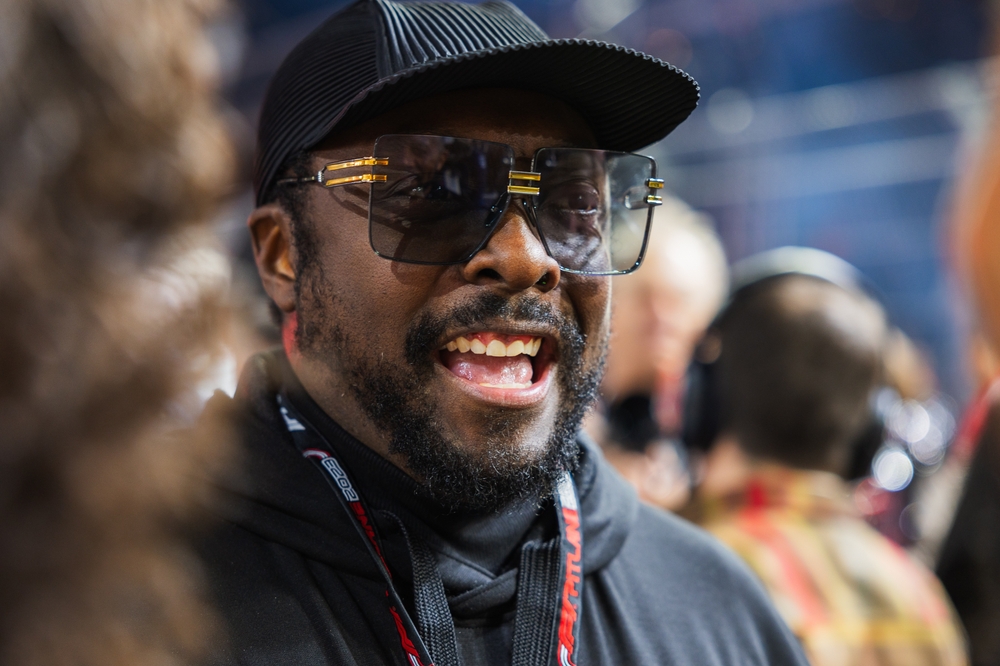At the recent Cannes Lions International Festival of Creativity, Will.i.am, the frontman of The Black Eyed Peas, introduced an innovative addition to his SiriusXM show – an AI-generated Black woman host named Felicia. This move highlights a significant shift towards inclusivity in the artificial intelligence (AI) landscape.
Breaking barriers in AI with representation
During a discussion at Journal House, Will.i.am emphasized the importance of diversifying AI voices. He shared insights on how AI should not only serve but represent various cultures and communities. ‘AI should not sound robotic but should reflect the rich tapestry of human experiences and dialects,’ he stated.
Felicia, the AI-generated host, also addressed the audience, stressing the need for representation and empowerment in technology. ‘It’s crucial to involve ourselves and guide the development of AI to ensure it represents us authentically,’ she said.
Challenging the norms of AI communication
Will.i.am expressed concerns about AI’s current trajectory, which often lacks cultural and linguistic diversity. ‘Why can’t AI sound like someone from the Bronx, or Atlanta, or understand the nuances of communities from Rio de Janeiro to Puerto Rico?’ he questioned. This challenge extends to who programs these AI systems and whether they are equipped to embed genuine understanding of diverse communities into AI.
Integrating AI in music
Expanding his vision for AI beyond hosting, Will.i.am is keen on integrating AI in music production. He is not just interested in collaborating with artists but is also exploring the creation of AI-generated artists. This involves working closely with AI programmers to develop music that resonates with a broad audience, leveraging AI’s capabilities.
Will.i.am’s initiative to introduce Felicia and his plans for AI in music underscore a pivotal movement towards more inclusive and representative AI technologies, aiming to bridge the gap between technology and cultural authenticity.














